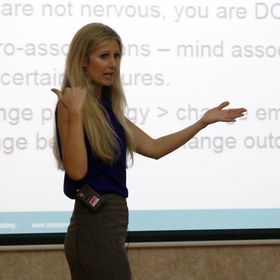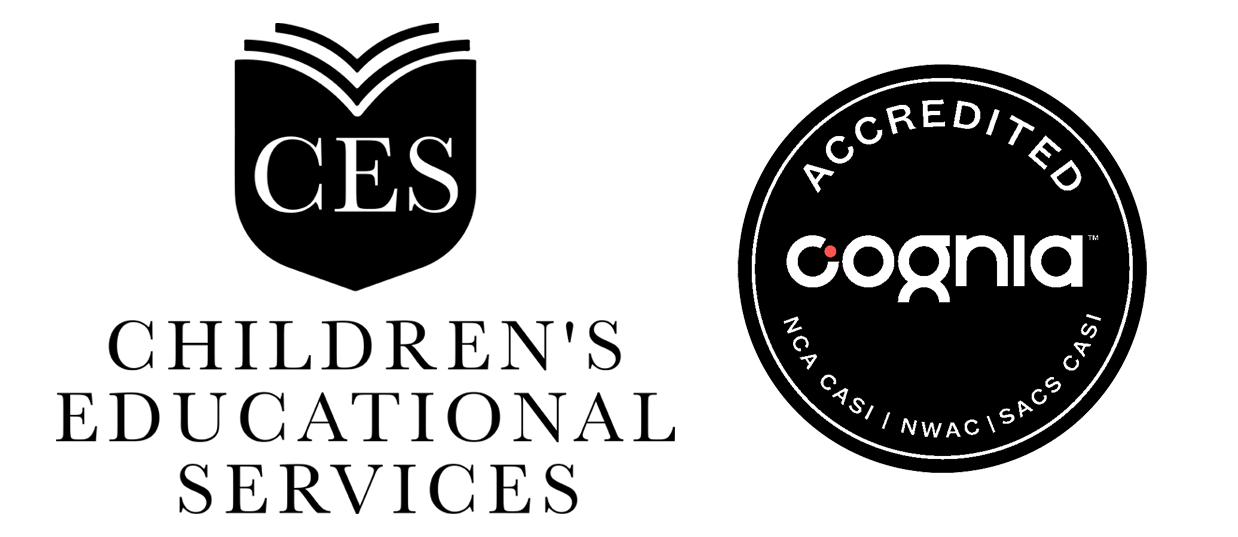Source: https://www.linkedin.com/pulse/4-life-skills-children-need-learn-home-school-zeta-yarwood-/
 Published by: Zeta Yarwood Executive Career Coach and NLP Life Coach
Published by: Zeta Yarwood Executive Career Coach and NLP Life Coach
My parents are great people. I love them dearly and, as an adult, I have a great relationship with both of them. While they are great people, they weren’t always great parents. And I will admit during my teens and early twenties a part of me blamed their ‘poor parenting’ for my shortcomings. My low self-esteem. My constant need of validation from the outside world. My inability to stand up for myself. My lack of self-respect and love for myself. My poor communication skills.
But now, as an adult, I’ve realized something. We can only do the best we can with the resources we have. My parents both came from low income, ‘broken’ families. Neither had solid male role-models and both had extremely difficult childhoods.
The point being my parents were never going to be perfect parents. Simply because they were never taught how. Their lack of role-models and family circumstances taught them life was about survival. They didn’t learn lessons in love. Affection. Self-respect. Kindness. Compassion. Self-belief. My parents did the best they could raising me with the resources they had. And considering what they went through as children – in hindsight, they both did a pretty good job. And I am proud of them.
As people, we are not perfect. We all have our own issues. Some we are conscious of. Others remain subconscious. But children will pick up on and learn from both.
As parents, we can only do the best we can with the resources we have. And sometimes those resources will be flawed. Not only that, many of us are in survival mode. Trying to get through each day in one piece. Finding the time to consciously sit down and teach kids life skills is hard!
Some people are living so much on autopilot that they’re not even aware of what they are teaching their children through their behavior. Or that they are meant to be teaching their kids life skills.
In my opinion, it is essential then that schools and parents share the responsibility for teaching life skills to the next generation. Children spend half their time at school. And during that time, they will experience certain events which will cause them to come to conclusions about who they are, their role in the world, and their value. Quite often the wrong conclusions.
It’s fantastic to see that some schools have already acknowledged the importance of life skills and have made it part of their curriculum. Teaching ‘Personality and Values’ as a core subject. The IB curriculum is now focusing on the ‘whole child’ rather than just academic intelligence. It’s my dream that ALL schools do.
As I mentioned in my previous article – success is 80% psychology and 20% mechanics. It doesn’t matter how many A-levels or degrees our children have. Without a healthy self-image, confidence and great communication skills – their success will be limited. They will suffer from a fear of failure and rejection. Meaning they will never go for the things they want. They won’t take risks. They will avoid social situations or opportunities to shine. They will constantly doubt themselves at every turn. They will continuously compare themselves to others, believing they will never be enough. Or, driven by insecurity, they will become angry, rude, arrogant or obnoxious and sabotage their success by not being able to build good relationships. Or make a good impression.
Just think about who you are as a person. How different might your life have been if you had been taught how to believe in yourself? How to interact and communicate with others? If you had been taught values such as self-respect, love, compassion, and courage?
If you want to move this into a more macro level discussion – imagine the impact on global economics if we focused on prevention rather than cure? Governments worldwide spend billions of dollars on treating patients with mental health issues. If we focused on preventing mental health issues by teaching life skills at schools – imagine what could be done with that money globally? It could be invested in education. Infrastructure. Given to humanitarian aid, helping other economies to survive and then thrive. And by preventing mental health issues – imagine how many acts of insane and unnecessary violence could be avoided.
The world is not a great place right now. A lack of respect for other people’s beliefs and cultures is at the core of most civil and non-civil wars. A lack of love and compassion is driving a world that believes having the latest iPhone is more important than feeding starving children in 3rd world countries.
How did we let it get to this? We all stopped taking responsibility. We moved into a culture of blame and entitlement. We moved into a world of ‘us’ vs ‘them’. And this was the result.
My belief is – it’s time for a change. And it’s up to us to change it. It might be difficult to influence older generations. But if we can raise the next generation to be better people – the world could be a better place.
[cp_modal display=”inline” id=”cp_id_bceb2″][/cp_modal]
What are the life skills and values we should be pushing for schools to bring into mainstream curriculums? There are many. And I simply cannot list them all here. But if it was me, the first things I would be focusing on are:
1) Love and Respect
Love and respect for ourselves. Teaching children to speak to themselves in a kind, compassion manner. To respect their values and beliefs and to be brave enough to constantly challenge them. To treat their bodies with kindness and respect. To know how to set their boundaries. To know when someone is being disrespectful and to be able to stand up for themselves. And to know when to let go of the people who no longer deserve our respect, and how.
Love and respect for others. Respecting we all have different backgrounds, beliefs and values. To not force our beliefs and values onto others. To express our opinions in a manner that is respectful to others. Appreciating their opinion might be different. To be open to learning from other people’s opinions. To be kind and to help others where possible. To have the psychology we are ‘one’. To fight FOR one another. Not against each other.
2) Self-belief, confidence, and courage
Self-belief, confidence and courage develop through experience. We need to teach children to have just enough self-belief to try things and encourage them to take risks. And then to coach them through the outcomes. Teaching them there is no such thing as failure, only feedback. The more things they try, and the more they see they’re OK if they ‘fail’ – the more confident they will become.
Also, to inspire kids to be different. To be brave enough to be themselves. And how to self-validate. Teaching them to be their own internal cheerleader instead of relying solely on external feedback for validation.
3) Emotional Management / Emotional Intelligence
Our emotional state drives everything. How we feel determines what actions we take and what decisions we make. If we’re feeling scared, demotivated or depressed – we won’t take action. And nothing changes. But if we can learn how to manage those emotions. To shift our state from fear to confidence – we are empowered to take action and change our circumstances. If children could learn this skill from an early age – they would be unstoppable.
Emotional intelligence is not only understanding our own emotions, but understanding those of others. Being able to see things from other people’s point of view. To feel and show empathy. This is a great skill, useful for communication and conflict management.
4) Communication skills
Our success both professionally and personally is dependent on the quality of relationships have we. And the quality of our relationships is determined by the quality of our communication. Emotional intelligence is fundamental to great communication. Lessons in non-verbal communication, authenticity, sensitivity, and listening create great communicators. Meaning our children will be able to cultivate productive and respectful relationships at work, as well as deep and meaningful relationships with family, friends and potential life partners.
I would love to hear your opinions on this. What’s your vision for the world? For the next generation? And how do we get there? Please leave your comments below!

